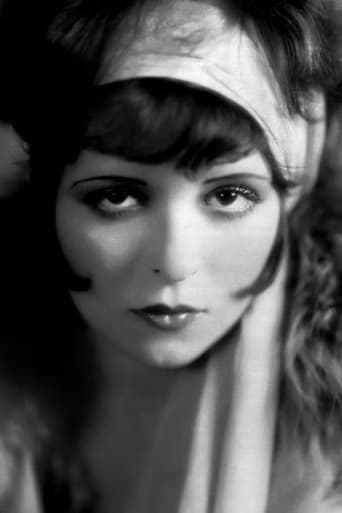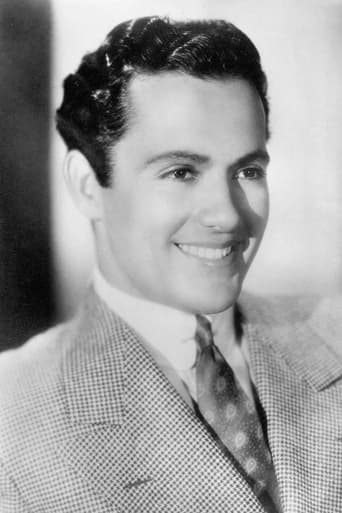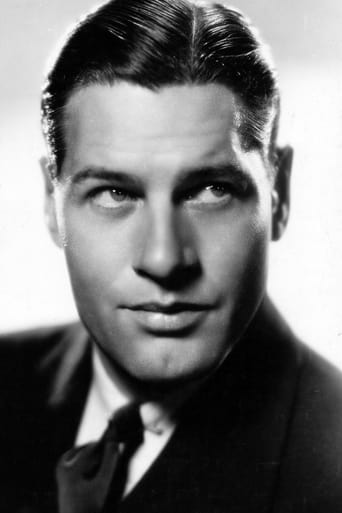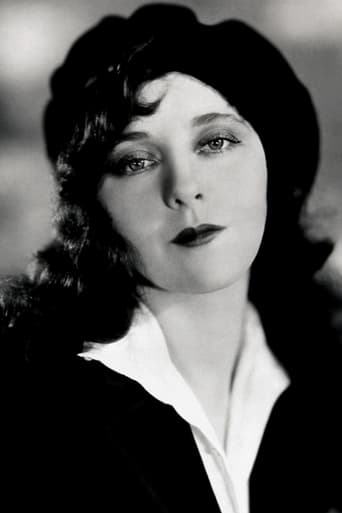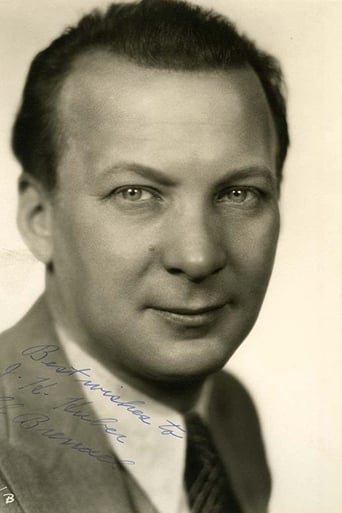Jackson Booth-Millard
The Academy Awards have been a celebrated annual ceremony since 1929, and I have always been fascinated to watch as many of the winning movies as possible, I was especially excited to watch this, the first film in history to win the Oscar for Best Picture, directed by William A. Wellman (The Public Enemy, A Star I Born, The Ox-Bow Incident). Basically set in the year 1917, in a small American town, Jack Powell (Charles 'Buddy' Rogers), an auto mechanic, and David Armstrong (Richard Arlen), who comes from a wealthy family, are rivals, both are in love with the same woman, Sylvia Lewis (Jobyna Ralston). Sylvia's heart belongs to David, but she plays along with Jack's infatuations, Jack fails to realise that "girl next door" Mary Preston (Clara Bow) is desperately in love with him. It is First World War, the two young men both enlist to become combat pilots in the Air Service and are billeted together, they make a brief acquaintance with tent mate Cadet White (Gary Cooper), before he is killed the same day in an air crash. Undaunted, Jack and David endure a rigorous training period, they turn from enemies into best friends, and following graduation they are shipped off to France to fight the Germans. Mary joins the war effort, becoming an ambulance driver, she learns Jack has gained the reputation as an ace called "The Shooting Star", she encounters him while on leave in Paris, but he is too drunk to recognise her. Mary puts Jack to bed, two military police barge in as she is innocently changing, she is forced to resign and return to the United States. During the epic Battle of Saint-Mihiel, David is shot down and presumed dead, however he survives the crash landing, he steals a German biplane, and heads for the Allied lines. Jack spots David aircraft, in a tragic stroke of bad luck, he thinks it is an enemy aircraft, he wants for David's "death" and attacks, he successfully downs the craft. Jack only realises what he has done when wants to retrieve a souvenir of his "victory", Jack holds David in his arm, kissing him, David consoles his friend before dying, forgiving his comrade. The war ends, Jack returns home to a hero's welcome, he visits David's grieving parents to return his friend's effects, he begs forgiveness for causing David's death, David's Mother (Julia Swayne Gordon) blames the war for taking her son's life, not Jack, he is then reunited with Mary and realises he loves her. Also starring El Brendel as Herman Schwimpf, Richard Tucker as Air Commander, Gunboat Smith as The Sergeant, Henry B. Walthall as David's Father, Roscoe Karns as Lt. Cameron and Arlette Marchal as Celeste. The film certainly delivers the message of how war can devastate lives, the most memorable sequences are of course the mid- air battles, the rest of the film is mostly slow, and the love triangle storyline is sentimental and clichéd, but overall it is a fairly good silent war drama. It won the Oscars for Best Picture and Best Effects, Engineering Effects. Worth watching!
Justin Rollo
What a spectacle. I was reluctant to watch this movie for a few reasons. For one, its a silent film. I've never been drawn to any silent films and this is the first feature length silent film I've ever seen. Also, this film's age set me off. I had no desire to watch a film made in the 20s, but I'm sure as hell glad I did. Such an impressive feat in film making. I can only imagine the dizzying amount of work it took to get some of these shots. Even close to 100 years later, the drama still feels very modern and relatable. I was completely invested in each of the characters, even though I never heard a word come out of any of their mouths. Maybe I'm just extremely late to the party on this one, and pardon my ignorance, but what a truly amazing movie. I have a new found respect for the earlier days of film.
Lee Eisenberg
William A. Wellman's "Wings" is now remembered as the very first movie to win an Academy Award, and the only silent winner until "The Artist". Focusing on some men sent to fight in World War I, it takes an undeniably patriotic view of the war: the heroic Americans gallantly go after the cruel Germans. And of course the movie doesn't miss a chance to show off Clara Bow; I bet that the sight of her helped a lot of boys become men back in the 1920s.However, there are some other things that the movie shows that I would say deserve more attention. During the past year or two, the hundredth anniversary of the first global war has drawn questions about the war. An important scene early in the movie shows a German-American man enlisting in the army, only to face discrimination for his German background. This happened a lot in the US during World War I, encouraged by Woodrow Wilson's fanatical nativism. Elia Kazan's "East of Eden" also features a scene set during World War I in which a German-American gets attacked as "the enemy". The most pronounced instance of this was the internment of Japanese-Americans during World War II.Later in the movie, some characters are discussing things that have happened in the war. One of them says "That's war." Indeed, what befell the individuals is characteristic of war. The horror that occurred on the battlefield only scratches the surface of the damage that WWI did. Not only did it senselessly kill millions of people and create a lost generation, but the Versailles Negotiations imposed reparations on Germany that set the stage for Hitler's rise to power. On top of that, Wilson (a dyed-in-the-wool racist) refused to listen to a young Ho Chi Minh, setting the stage for the Vietnam War. The division of the Middle East cut off Armenia from Mt. Ararat (after the Armenians had already suffered a genocide at the hands of the Ottomans), while the Kurds, Yazidis and Palestinians didn't even get their own countries.As for the movie, I thought that it did a good job with the battlefield scenes. The heroification weakens the movie, but the cinematography is some of the most impressive that I've ever seen. I guess that I recommend it as a look at old-style cinema.

